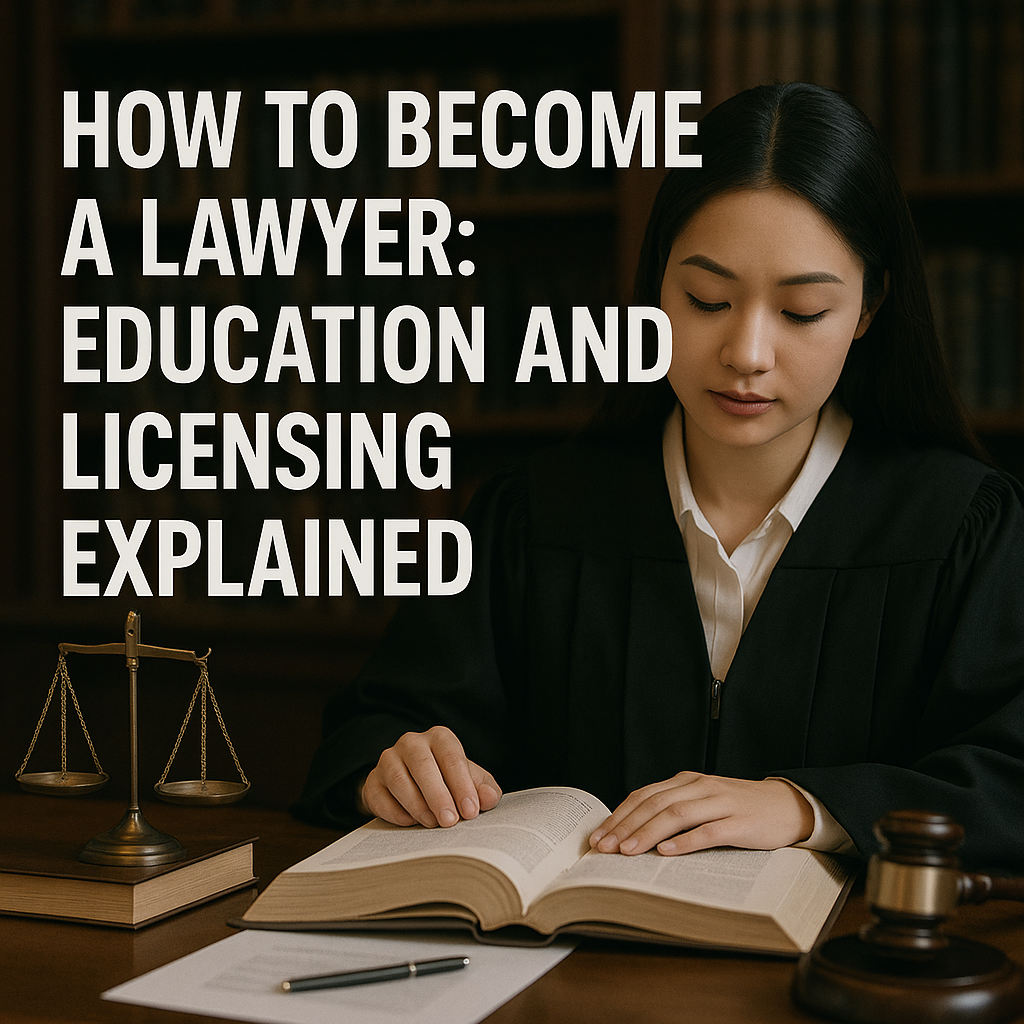BANGKOK LEGAL CONSULTING CO.,LTD.

Becoming a lawyer involves a rigorous but structured path: earning a degree, attending law school, and passing the bar exam. With the right preparation and commitment, a career in law offers the opportunity to make a meaningful impact on individuals and society as a whole.



